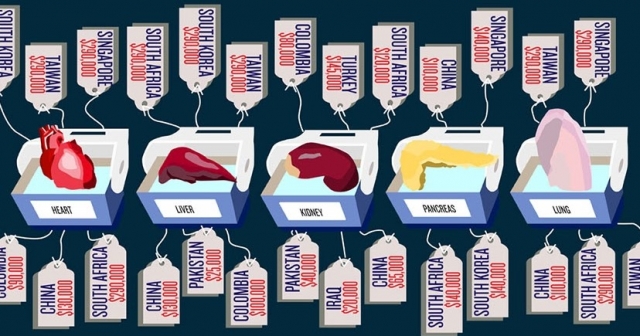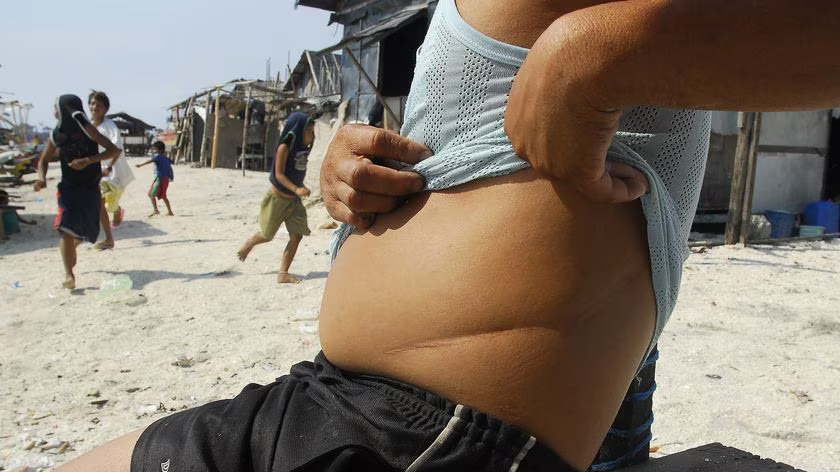
The United Nations Office on Drugs and Crime (UNODC) permits organ removal and transplantation under certain conditions. These conditions include voluntary consent, informed consent about potential risks and consequences, no financial transactions, and the absence of any coercion or influence, among others. It is illegal to engage in organ donation or transplantation in exchange for money or other goods.
Similarly, the Association of Southeast Asian Nations (ASEAN) only allows organ transplantation for life-saving purposes and not for economic gain. According to ODISSea, there is a growing demand for organs in the ASEAN region, but the number of organ transplants is not meeting this need. This limitation has provided an opportunity for criminals to exploit the high organ demand and engage in illegal activities.
Cases of illegal organ removal can be divided into two categories, Trafficking in Persons for organ removal (TIP for OR) and Organ Trafficking. Instances in Thailand where individuals seek organs in exchange for an iPhone 14, victims from Indonesia who sell their kidneys for 135 million rupiahs, and the buying and selling of kidneys through Facebook in the Philippines, are some examples of organ trafficking cases. These cases are driven by the pursuit of financial gain or comparable advantage.
Meanwhile, cases of organ harvesting accompanied by forced labour and smuggling by local gangs in Myanmar, kidnapping, and organ harvesting of children trafficking to the UK in Vietnam are examples of TIP for OR. The poor, youth, migrants, and individuals living on the streets constitute the precise targets of this syndicate.

(Jes Aznar: AFP/ abc.net)
ASEAN with UNODC in Bangkok declared the trafficking of individuals for the purpose of organ removal, also known as TIP for OR, a growing criminal enterprise that is not widely recognized. This heinous act is considered a crime against humanity and is punishable by many years in prison under the laws of each member country.
Although ASEAN does not have a specific convention on illegal organ transplantation, each country has robust policies in place. For example, Indonesia imposes prison sentences of up to 10 years, Singapore applies 10 years with a $100,000 fine, and Cambodia has a punishment of 20 years in prison. Despite these strict laws, CNA reports that ASEAN countries remain a popular destination for transplant tourism due to the ease of obtaining organs. According to UNODC, buying and selling organs generates profits of up to $1.2 billion annually.
Social media is a medium that is often used to find potential targets. Information about organ sales such as prices, blood type, and healthy lifestyle, can easily be found on Facebook. There are many ways to lure victims on social media, from easy employment and fake dating to easy loans, with young people as the target.
Apart from using social media, traffickers or brokers often visit places such as refugee camps and slums to scout for victims. They are promised money, decent jobs, a more secure life, a free smuggle to neighbouring countries, as is the case with the Rohingya refugees.
Organ trafficking is a complicated problem that crosses borders and needs a comprehensive strategy. However, it poses challenges that include:
- Poverty
- Inadequate agreements between ASEAN nations
- Corrupt officials
- The anonymity of social media
That said, member countries must collaborate to create clear regulations and operational procedures for international law enforcement, aimed at curbing this criminal activity within the region. This approach will facilitate the smooth execution of law enforcement duties, free from obstacles stemming from divergent regulations across different countries.

About the author
Yuta Tri Waskita
Yuta is in his last year as a student at Diponegoro University majoring in History.
He is currently the HR Associate and sometimes writes for the AYO Post. He is finishing his bachelor’s thesis and scientific publication for cultural studies. In his free time, he likes to do sports activities, especially Tennis and running. He also really likes to do the culinary journey and find new
hidden gems.